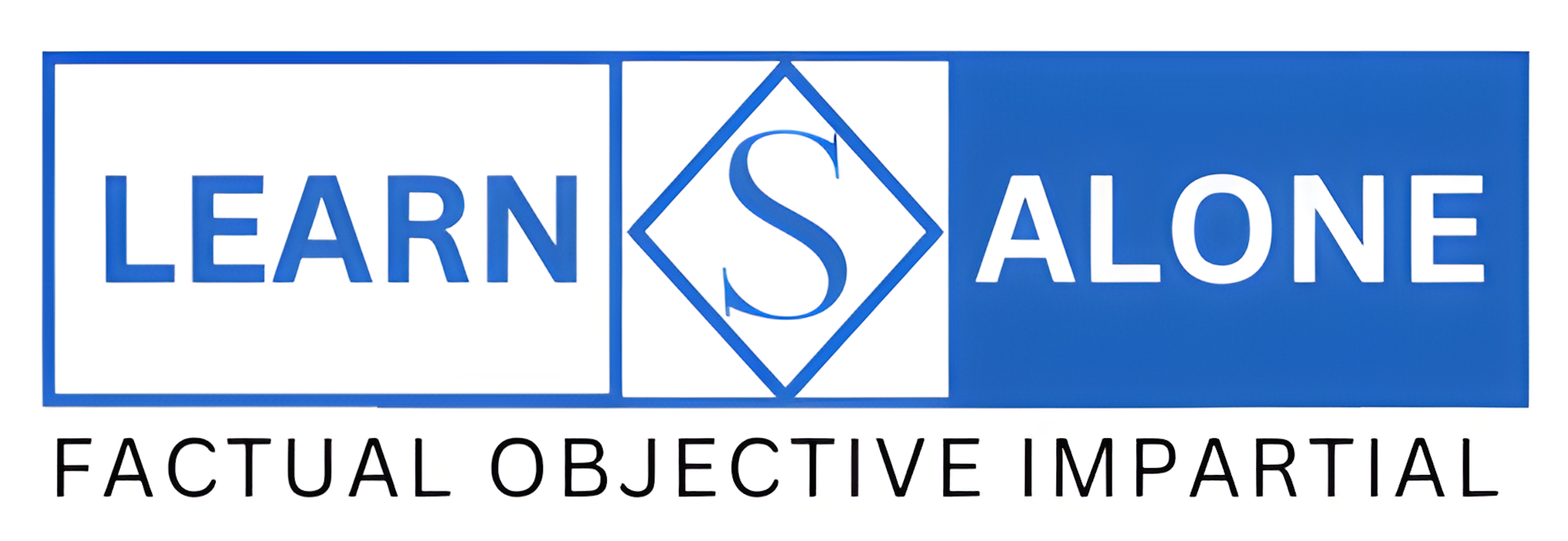By Edward Dictionary Caulker
Despite its abundance of talent and cultural richness, Sierra Leone’s entertainment industry continues to battle stagnation, neglect, and underdevelopment. The pressing question many creatives and observers are now asking is: What’s really holding the industry back? Is it merely a lack of support or is there a deeper, more entrenched issue at play?
During a recent appearance on the Entertainment Review Show, renowned filmmaker Mohamed Sheriff Sillah a respected movie producer, editor, screenwriter, actor, and director offered a brutally honest assessment of the sector.
“Bad heart and lack of support are factors affecting the growth of the industry. But the biggest issue is that the entertainment industry lacks proper structures,” Sillah stated.
His words resonated deeply across Sierra Leone’s creative circles, not only because of his status in the industry but also because they echoed longstanding concerns many have been voicing behind closed doors for years.
Sillah’s emphasis on structural deficiency brings into focus one of the entertainment industry’s most glaring weaknesses. Unlike in countries where entertainment is recognized as a key economic driver, Sierra Leone’s sector suffers from a near-total absence of organized frameworks. There are no robust support systems for content production, distribution, copyright enforcement, or professional training.
Without these structures, talented individuals are often left to fend for themselves in a chaotic and unsupportive environment. Even the most gifted artists struggle to transition from passion projects to sustainable careers.
Beyond infrastructural gaps, Sillah also spotlighted a more uncomfortable truth: a cultural problem that undermines progress from within. He referred to it as the “bad heart” spirit—a term that encompasses jealousy, sabotage, and a lack of unity among creatives.
In an industry where collaboration should be the cornerstone of growth, many Sierra Leonean artists report feeling alienated or actively undermined by their peers. Rather than forming collectives to amplify their reach, creatives often compete destructively, withholding support and opportunities out of fear or resentment.
This toxic culture stifles innovation and discourages newcomers, who find themselves navigating not just a broken system, but a hostile community.
Adding to these internal challenges is the external pressure of foreign dominance. Sierra Leone’s media landscape is flooded with content from Nigeria, Ghana, and the West. While international exposure has its benefits, it often comes at the expense of local creativity.
Local radio stations, TV channels, and streaming platforms frequently side-line Sierra Leonean content in favor of foreign productions. This creates a vicious cycle: local artists struggle for visibility, the audience becomes disconnected from home-grown talent, and investor interest remains low.
As a result, Sierra Leone’s cultural narrative is increasingly shaped by outsiders, leaving local stories unheard and uncelebrated.
Then there’s the audience factor. Sierra Leoneans are known for their bluntness—and in the realm of entertainment, that often translates into hypercritical reception of local work. While constructive criticism is vital for improvement, disproportionate or unbalanced negativity can demoralize even the most resilient artists.
In an industry lacking resources, expecting perfection becomes a paradox. Many creatives are doing the best they can with what little they have, yet are held to impossible standards, often by those offering little support.
The challenges facing Sierra Leone’s entertainment sector are multifaceted. It is not enough to blame lack of support, nor is it sufficient to only point fingers at internal divisions. Both are real. But as Mohamed Sheriff Sillah rightly said, the root cause lies deeper within the broken systems and harmful attitudes that have taken root over time.
To truly uplift the industry, a collective approach is required. The government must invest in infrastructure and enforce policy. The private sector must recognize the commercial potential of the arts. Creative must learn to work together, not against one another. And the public must value, celebrate, and constructively support its own.
Sierra Leone has the talent. What it needs now is vision, unity, and the courage to build an industry that reflects its true creative spirit. Until then, the question remains: will we continue to sabotage our own potential or will we finally rise together?



